- Your cart is empty
- Continue Shopping

Product
Description:
Volantis (Everolimus) is an oral medication classified as a mammalian target of rapamycin (mTOR) inhibitor. It is used in the treatment of various types of cancer and non-cancerous conditions, primarily to inhibit the growth and spread of abnormal cells.
Indications:
Volantis (Everolimus) is indicated for the treatment of:
- Advanced Breast Cancer: It is used in combination with exemestane for the treatment of hormone receptor-positive, HER2-negative advanced breast cancer in postmenopausal women who have previously received certain other anticancer medications.
- Renal Cell Carcinoma: It is used for the treatment of advanced renal cell carcinoma (kidney cancer) after the failure of treatment with other anticancer therapies.
- Pancreatic Neuroendocrine Tumors: It is used for the treatment of progressive, well-differentiated pancreatic neuroendocrine tumors (PNET) that are unresectable, locally advanced, or metastatic.
- Subependymal Giant Cell Astrocytoma (SEGA): It is used for the treatment of SEGA associated with tuberous sclerosis complex (TSC) in patients who require therapeutic intervention but are not candidates for surgical resection.
How It Works:
Everolimus inhibits the activity of mTOR, a protein kinase that regulates cell growth, proliferation, and survival. By inhibiting mTOR, Everolimus interferes with the signaling pathways that promote the growth and division of cancer cells, thereby slowing their proliferation and reducing tumor growth.
Dosage and Administration:
The dosage and administration of Volantis (Everolimus) depend on the specific condition being treated, the patient’s overall health, and other factors. It is usually taken orally once daily, with or without food.
Possible Side Effects:
Common side effects of Volantis (Everolimus) may include stomatitis (inflammation of the mouth), rash, diarrhea, fatigue, and infections. Serious side effects can occur, including immunosuppression, renal failure, pneumonitis (lung inflammation), and metabolic disorders.
Warnings and Precautions:
- Immunosuppression: Everolimus can suppress the immune system, increasing the risk of infections and impairing wound healing. Close monitoring for signs of infection is necessary.
- Metabolic Disorders: Everolimus can cause metabolic abnormalities, including hyperglycemia (high blood sugar) and hyperlipidemia (high cholesterol levels). Monitoring of blood glucose and lipid levels is recommended.
- Renal Impairment: Everolimus can cause renal toxicity, and renal function should be monitored regularly during treatment.
- Pregnancy and Breastfeeding: Everolimus can cause fetal harm, and its use is generally avoided during pregnancy. Breastfeeding is not recommended during treatment.
- Drug Interactions: Everolimus may interact with other medications, including strong CYP3A4 inhibitors and inducers. Close monitoring and dosage adjustments may be necessary.
Volantis (Everolimus) is a prescription medication, and its use should be guided by a healthcare professional experienced in the management of cancer treatments. Patients should communicate any concerns or potential side effects with their healthcare provider and adhere to the prescribed dosage and administration instructions.


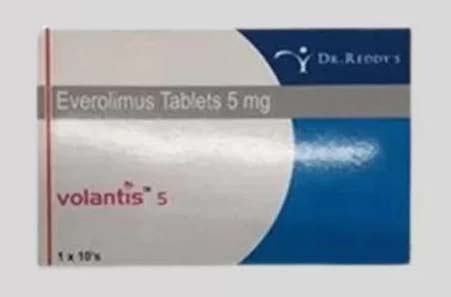

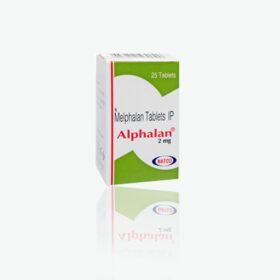
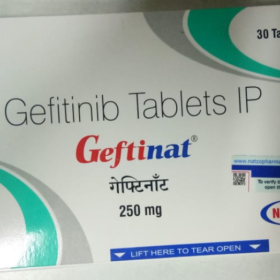
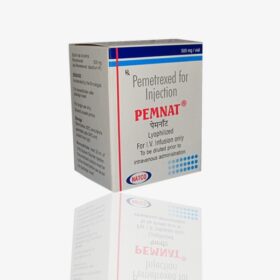
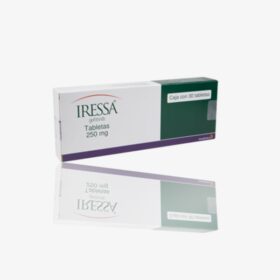
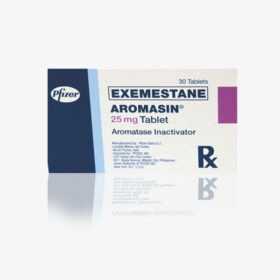

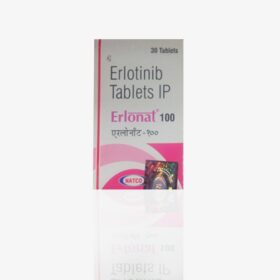



Reviews
There are no reviews yet.